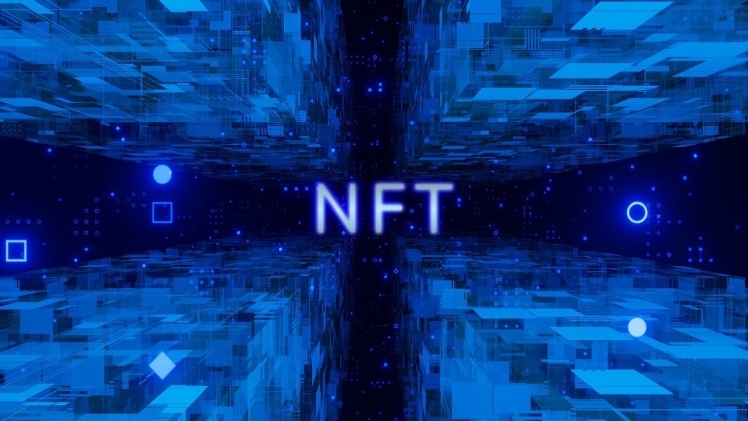NFTs emerged in 2015 at the same time as Ethereum, which is the blockchain responsible for introducing smart contracts. At the time, people only saw NFTs as a means of proving ownership of digital art. However, time has taken funnyjok NFTs to a whole different level, and their uses stretch much further.
Real Estate
The real estate industry relies on collaboration between countless parties to authorize sales, but it involves a long process that means buying a property takes time. However, on the back of smart contracts – the tech allowing NFTs to function – property listings can be minted and listed on a blockchain. From there, buyers can choose a property and buy it using cryptocurrency, which is locked into the smart contract. When the terms of the smart contract have been fulfilled on both sides, the funds are released and the sale is complete.
The Gaming Industry
Even the gaming industry has been brushed by NFTs and blockchain technology. In particular, they’re used by developers to mint in-game items including weapons, vehicles, and outfits. These items are purchased or won by players, and then they’re stored in digital wallets. In most cases, assets acquired while playing NFT play to earn games can be sold both natively and on external NFT marketplaces.
Patents and IP
Smart contracts store details about NFT ownership and entire histories are stored on blockchain, which means nobody can dispute the information. This is a great system when it comes to patents and IPs. For example, if a company puts a patent request in for a unique product or service and it’s granted, there’s zero chance that competitors can come along and claim that they secured the patent first – the smart contract information would prove otherwise.
Academic Credentials
Many careers require candidates to have certain qualifications including bachelor’s degrees and masters. However, people can lie about having credentials and it’s difficult to prove otherwise. That is until NFT tech comes along and allows a person’s credentials to be stored on a blockchain system, which acts like a digital record of achievement. Given what we already know about blockchain’s immutability, any credentials on a user’s profile have to be 100% accurate.
Supply Chain Tracking
There are a lot of steps between factories and stores, which means there’s plenty of opportunity for criminals to inject counterfeit items into the chain. For example, during the COVID-19 pandemic, healthcare centers received countless fake vaccines, which were damaging financially and medically.
Issues like this can be solved by NFT technology. For example, products/shipments can have unique barcodes attached that can be read at checkpoints along the supply chain. When the code is scanned, its location and other details are sent to and stored on a blockchain, which can never be altered.
NFTs have been improving in popularity and use cases over the last 8 years, which means they are being used for a lot more than proving who a quirky picture belongs to. If enough people are willing to learn about NFTs and realize how much potential they have, this technology will become the new industry thestyleplus standard.

